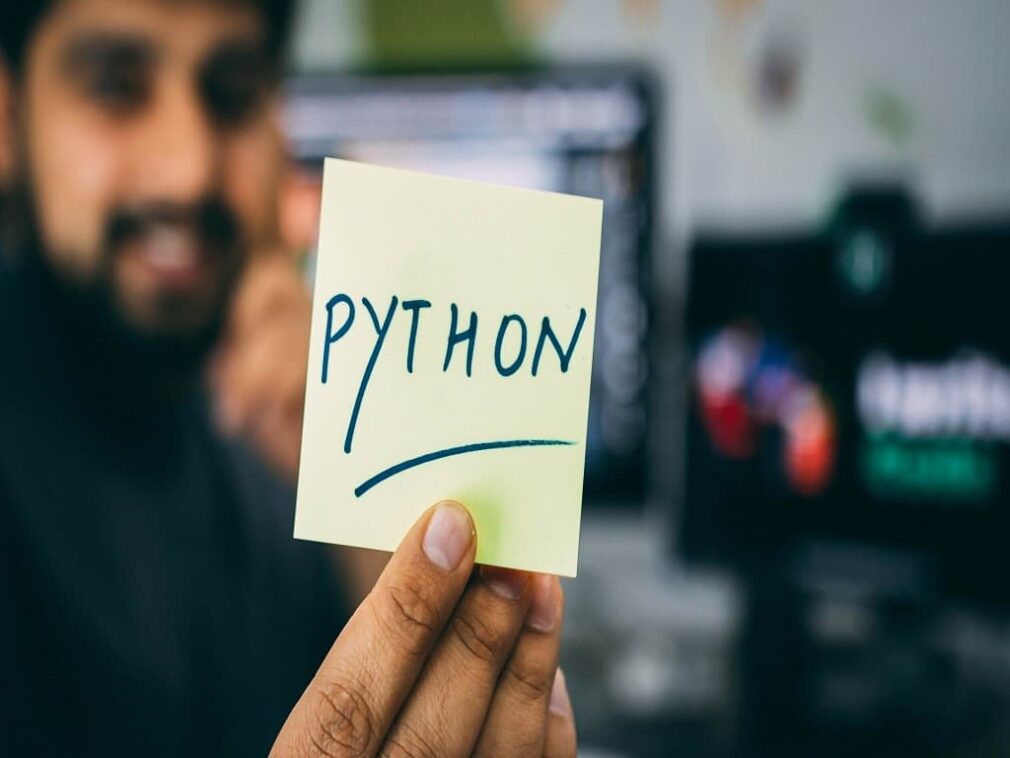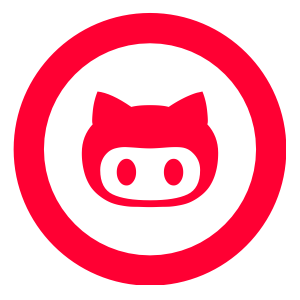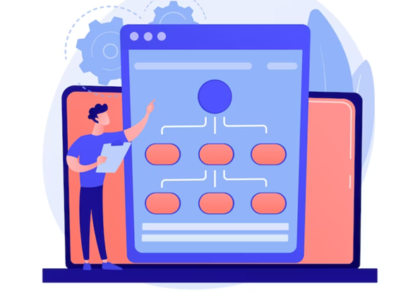Programming languages of the future are those that are already actively used in the present, and after some time will play a significant part in the software development industry. They will be in high demand, programmer will be willing to use them, and it will be possible to earn good money if you are experienced in this or that language.
Speaking about the future, we mean approximately the next five years. It is quite difficult to think about longer periods of time, and it is senseless to make any predictions, because they always remain only predictions.
Programming languages of the future
Let’s assume that you are looking for promising languages, so that while you learn them, they will remain in demand, and you will be able to find a decent job in a couple of years. We have identified the following promising programming languages that will definitely retain the attention of developers in the next 3-5 years.
Python. This is a rather old programming language that has been duly recognized quite recently, when the IT world hit into working with machine learning and artificial intelligence. This is where Python has found its way, and it is also popular for big data projects and web development. Since Python doesn’t yet have serious competitors in the field of AI, it will not lose popularity in the coming years.
JavaScript. Even though this language is over 25 years old, it is still at the top of all rankings. Yes, it is not perfect, but this language is the “king of the web”, there is no one to replace it in this position. It is the only browser language. At the same time, it acquired its own ecosystem of frameworks and libraries, which brought it out of the “browser window” into other IT areas. If you are interested in web development, then JavaScript should definitely be under your belt.
Java. This language is also not young. Despite the fact that Java is gradually losing ground in Android application development, where it used to be official, and now it has been replaced by Kotlin, its overall popularity is will be retained for a long time. Java-based programs run on any platform. Moreover, if you need to create a high-performance web application, it will almost always be Java. There are so many apps written in Java, that if we imagine that no one else will write on it, then it will take several more years to support the existing ones.
Kotlin and Swift. Kotlin is an official language for Android, Swift — for iOS. Their predecessors are Java and Objective-C. If the shift from Java to Kotlin is not yet so obvious, Swift has replaced Objective-C to a big extend. In any case, if you look towards the development of mobile applications, knowledge of these languages will be required in the coming years.
С#. This is one of the most popular programming languages, which is used to create heavy computer games, virtual reality applications and loaded applications for various operating systems. Its popularity is unlikely to decline.
PHP. No matter what anyone says about this language, the fact is that PHP is the most popular when developing the server side of web applications. According to the latest data, about 80% of all sites in the world use this particular language. Despite the fact that there are contenders who are trying to remove this language from its pedestal, it holds its position perfectly and will do so for many years to come.
Top 10 programming languages 2022
GitHub compiled a list of the most popular programming languages depending on how frequently they appear in Google Trends.
- Python, 28.29%
- Java, 17.31%
- JavaScript, 9.44%
- C#, 7.04%
- C/C++, 6.27%
- PHP, 5.34%
- R, 4.18%
- TypeScript, 3.05%
- Go, 2.16%
- Swift, 2,11%
As you can see, Python is an undisputed leader in this index, and is a good option to learn for the future.

Pros of Python
- Usability — Python is easy to learn and use for newbies. Its syntax is as simple as plain English. Hence, Python code is easy to understand, write and reuse.
- Community support — Python is an open source language, so anyone can use its code. The community provides continuous library integration and improves the efficiency of Python.
- Portability — Python code can run on different platforms, as long as the code is not written in a system-specific environment.
- Interpreted language — Code execution stops immediately as soon as an error occurs. This instant reporting greatly simplifies the debugging process.
Python is used for web development, analytics, data science, system programming, machine learning, game development, mobile and desktop applications, system programming. That’s why it has a promising future.





